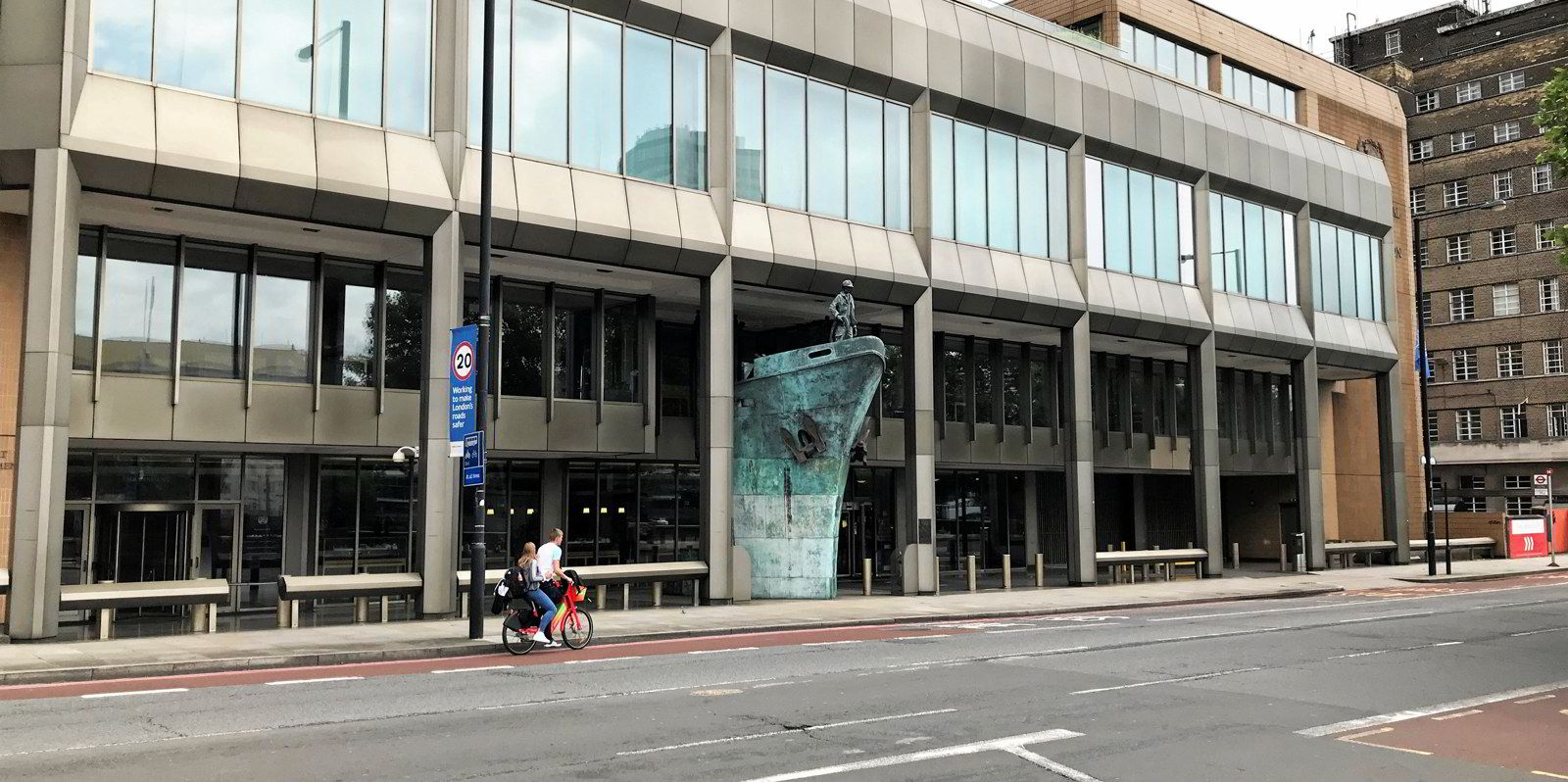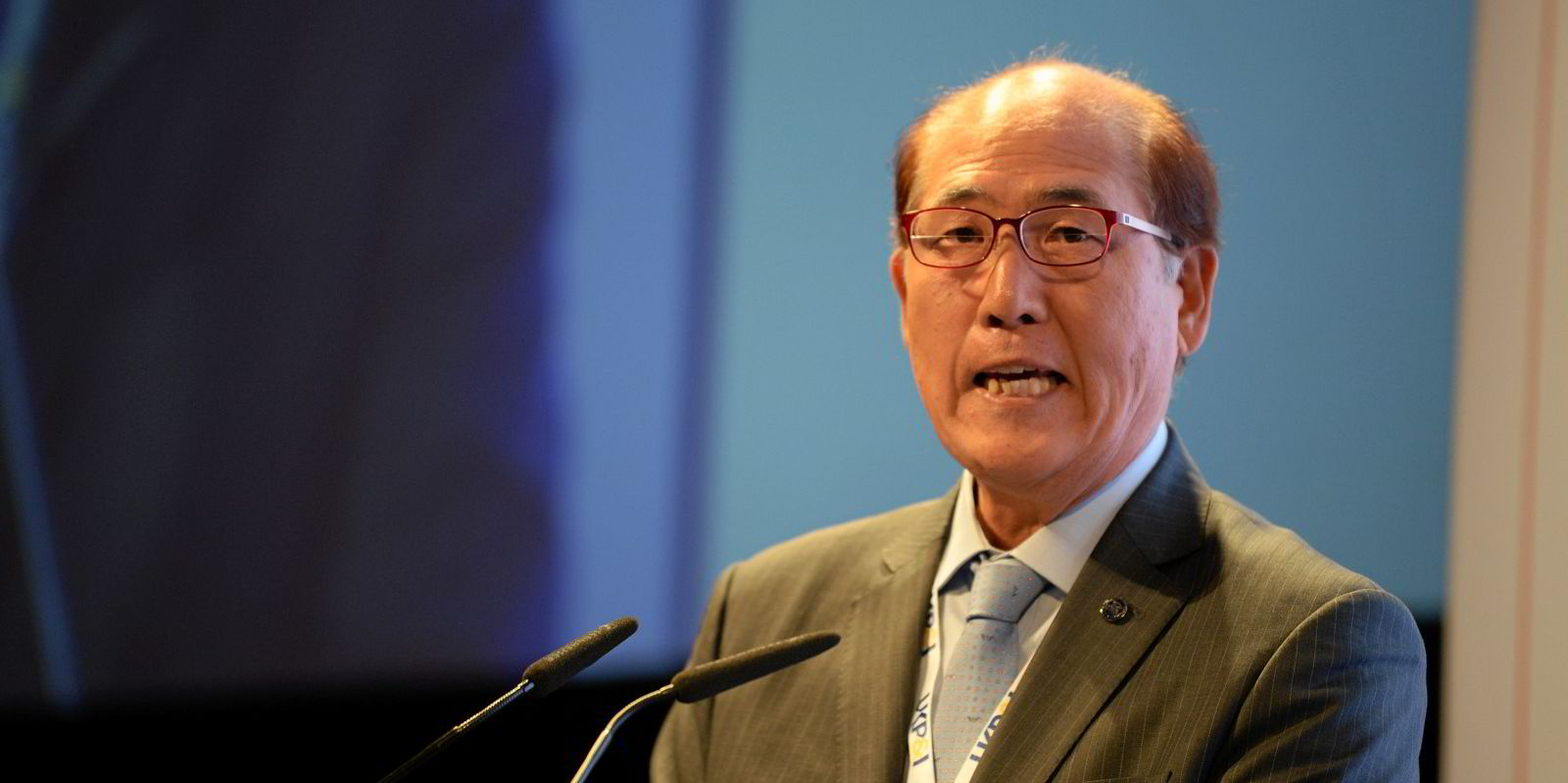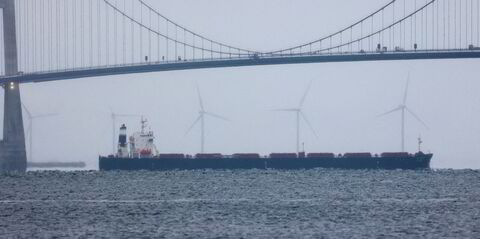The International Maritime Organization is preparing for the next stage of its decarbonisation plans after coming under heavy criticism for not setting higher operational efficiency targets at a recent key environmental meeting.
Two proposals have been taken forward as the basis for developing a carbon tax for shipping from the Marine Environment Protection Committee (MEPC) meeting.
The shipping regulator will begin work on developing an idea to establish an International Maritime Research Fund (IMRF) through a $2 per tonne levy on fuel and also the Marshall Islands and Solomon Islands’ proposal for a $100 per tonne carbon tax.
The plan is to develop the proposals at an intersessional working group on decarbonisation this autumn ahead of a discussion at the next MEPC meeting.
The IMRF idea originated from the International Chamber of Shipping and is gathering traction with the backing of 10 IMO member states.
Many member states believe that the IMRF would be the easiest way to establish the legal mechanism for gathering revenue from fossil fuel sales, which could be developed into a wider carbon tax.
A carbon tax in line with the Marshall Islands and Solomon Islands proposal is being viewed as the next possible stage toward the development of carbon pricing for shipping.
The islands' proposal has won strong backing from influential countries including France, Germany, the Netherlands and Canada.
The IMO already has a structure in place for collecting and distributing revenue from oil sales through the International Oil Compensation Funds (IOPC). The IOPC collects revenue from oil importers to create a fund to pay for oil spills.
One idea on the table at the IMO is that the IOPC mechanism should be used as a model for decarbonisation market-based measures.
The development of market-based measures is part of an approved medium-term work plan based on a submission from Japan.
There is no fixed date for the development of market-based measures which many feel holds the key to decarbonising shipping.
No clear timeline
The lack of a clear timeline is likely to frustrate those calling for the establishment of a carbon tax to incentivise the adoption of decarbonisation technologies.

Trader Trafigura has said it wants to see the establishment of a $250 to $300 per tonne carbon tax introduced while AP Moller-Maersk has proposed a $150 carbon price. The European Commission is waiting in the wings to add shipping to its regional Emissions Trading System (ETS).
The IMO was widely criticised by both the shipping industry and environmentalists for failing to raise its operational efficiency targets, which will enter into force from 2023 at the MEPC meeting.
However, the view from the secretariat is that the MEPC is now ahead of its schedule on developing measures to reduce shipping’s carbon intensity by 40% by 2030.
Its recently agreed operational performance standards for existing ships has been criticised as inadequate. But the IMO has left the door open to raise its carbon intensity targets for existing ships in 2026. The IMO also has an opportunity to raise its short, medium and long-term carbon reduction targets in a review planned for 2023.
The targets agreed at the IMO have proved contentious, but the regulator can argue it has now put into place a legal mechanism, through Marpol Annex VI, to directly regulate the technical ship efficiency and operational performance of newbuildings and existing ships.
The future standards set for the Energy Efficiency Design Index for newbuildings, and the Energy Efficiency Existing Ship Index and Carbon Intensity Indicator for existing ships, are set to play a key role in forcing the shipping industry to move to low or zero carbon alternative fuels.
"We have made a considerable amount of progress since the start of our journey," IMO secretary general Kitack Lim said following the recent MEPC meeting.
He added that the IMO is ready to focus on the next stage of its target to cut carbon emissions by 50% by 2050.
"Agreement on the work plan sends the signal that the organization and its member states are ready to further consider the current and future proposals for mid-term measures. We need to gear up work relating to the various phases of the work plan," he said.







